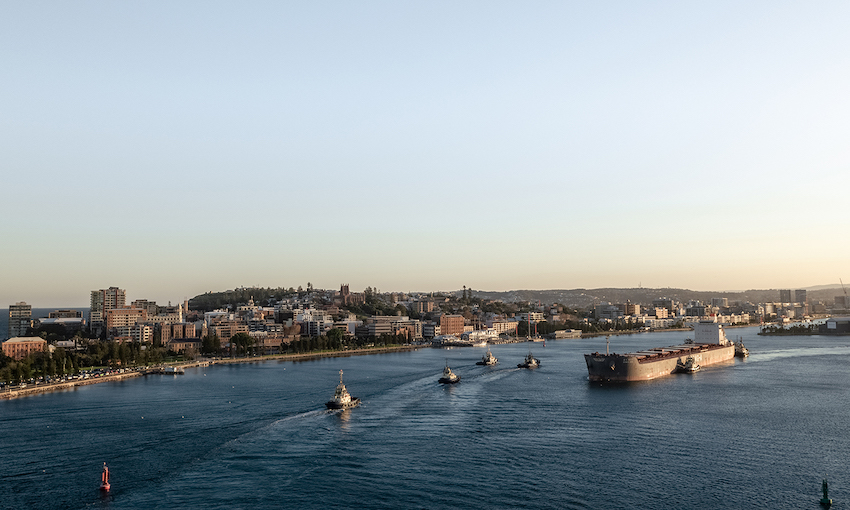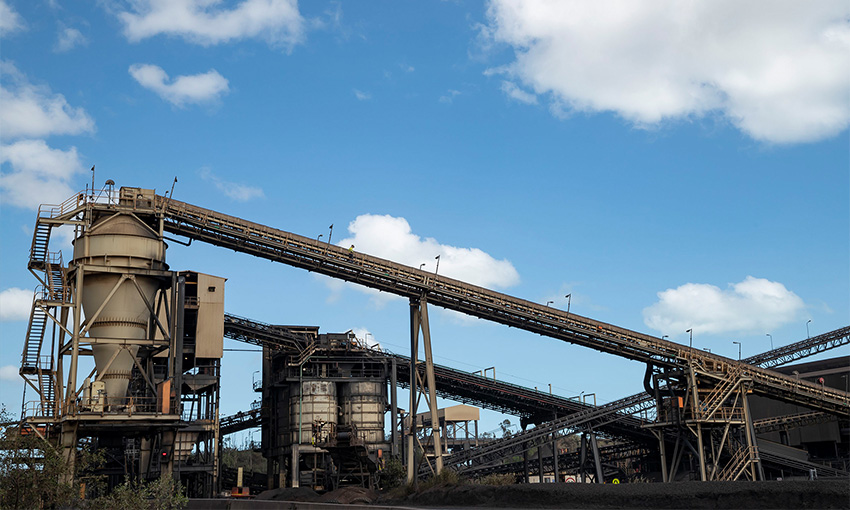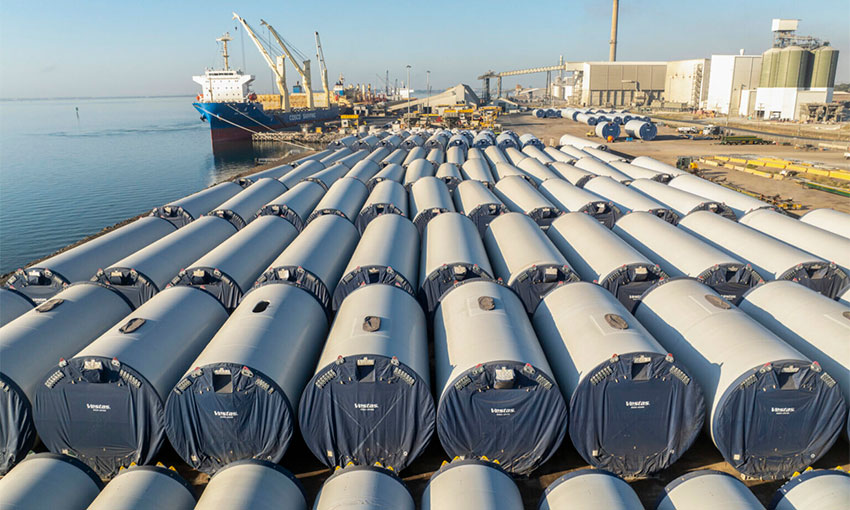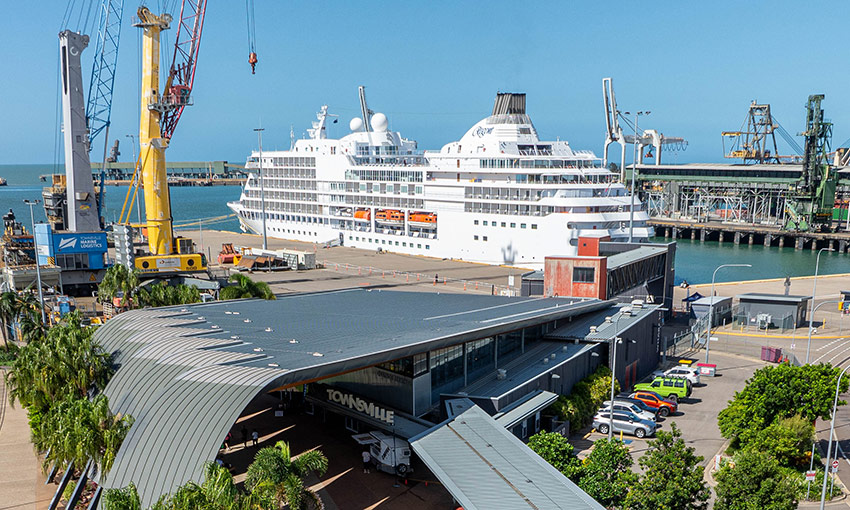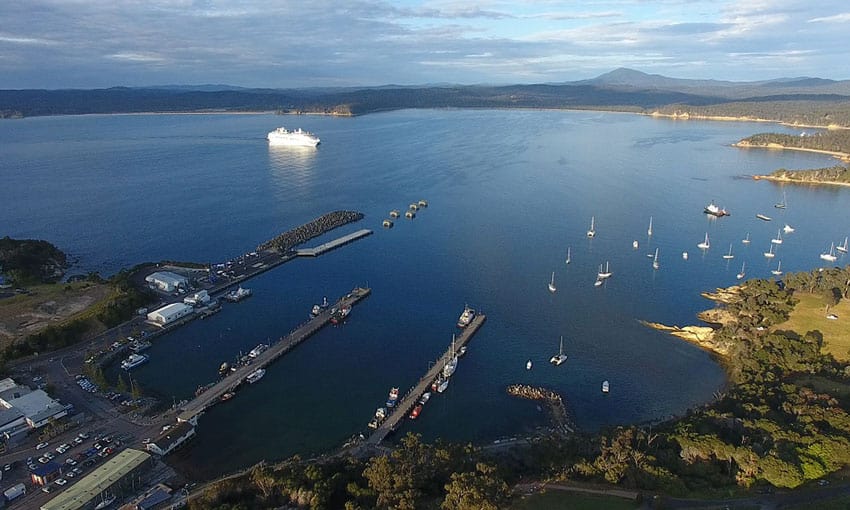THE Port Authority of NSW has managed the safe movement of more than 250 ships in Newcastle Harbour during challenging conditions created by the Hunter River being declared “full fresh” after recent flooding.
Harbour Master Captain Vikas Bangia said the “full fresh” declaration follows the influx of water from the Upper Hunter that caused significant changes to the salinity of the harbour, affecting port conditions and the manoeuvring characteristics seagoing vessels within the harbour.
“Since flooding commenced on 28 November, a strategic and methodical risk-based approach by PANSW has allowed safe transits of more than 250 ships, with 186 coal movements and 77 non-coal movements,” Capt Bangia said.
“Restrictions were imposed on all vessels operating in the Port of Newcastle and mariners have been advised to remain extra vigilant while transiting the port as the depth of the harbour has changed quickly at times.”
The increased river flow and volume of water due to the floods and the different densities between of fresh water and salt water is a particular challenge for vessel manoeuvrability. The debris being washed into and accumulating in the harbour has exacerbated the challenges for vessels.
“It makes ships much harder to manoeuvre due to the stratification between waters of different densities, requiring an even higher degree of skill and experience by our marine pilots who have been navigating the large ships safely through the port,” Capt Bangia said.
“There was a rapid port-wide response, with Port Authority, Port of Newcastle, terminal operators and towage service providers working together to mitigate the impacts and allow ship movements during the flooding event.”
Capt Bangia said he and the pilotage team closely monitor the river conditions and the interaction of vessels at berth to ensure the safe navigation of vessels through the port is maintained.
With rainy La Nina weather conditions expected to persist and further flooding expected for this summer PANSW is monitoring the harbour to ensure the continued safe passage of vessels.

